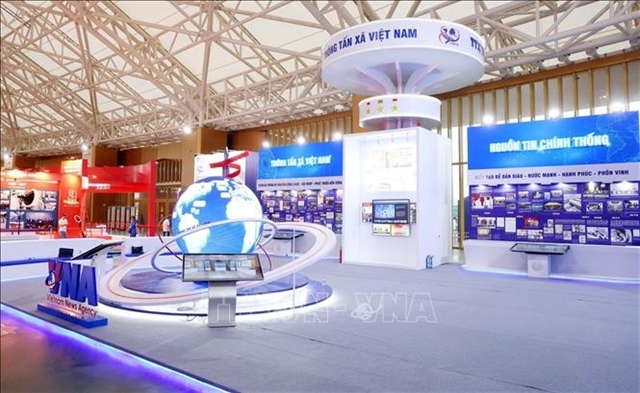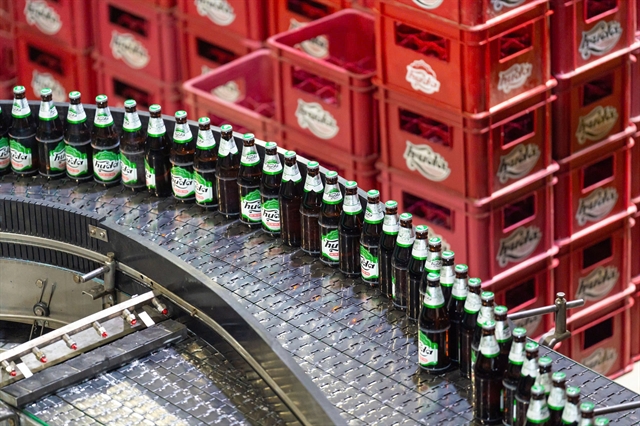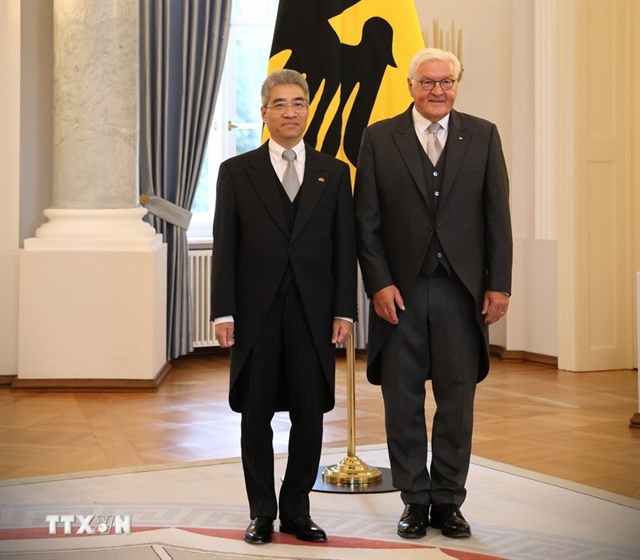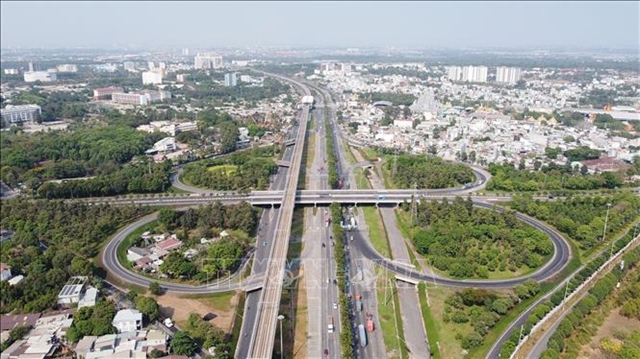 Society
Society
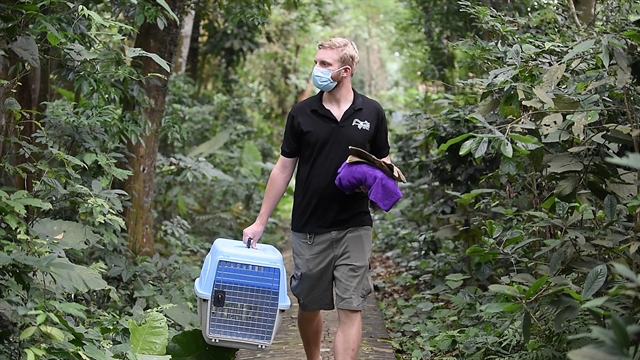
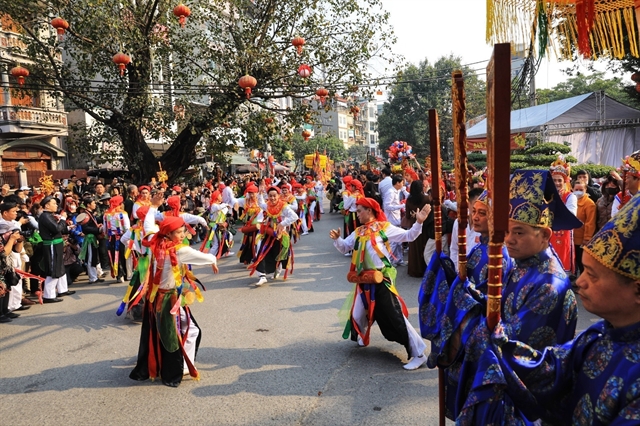 |
| After more than a decade of implementing the new-style rural development program, Hà Nội has achieved significant and practical results in preserving and promoting cultural values, gradually meeting the cultural needs of its residents. |
HÀ NỘI — Over the past decade, the city of Hà Nội has made cultural preservation a key component of its implementation of the National Target Programme on New-Style Rural Development. From the outset, Hà Nội identified that rural development must go beyond economic and infrastructure upgrades; it must also maintain and revitalise the cultural essence of the countryside - the cradle of national identity and tradition.
After more than 10 years of implementation, Hà Nội has recorded significant achievements in safeguarding and promoting cultural values. These efforts have gradually met the growing cultural needs of the people and garnered widespread support from communities. By the end of 2024, an impressive 95.4 per cent of villages and hamlets across the city had been recognized and maintained the title of “Cultural Village.”
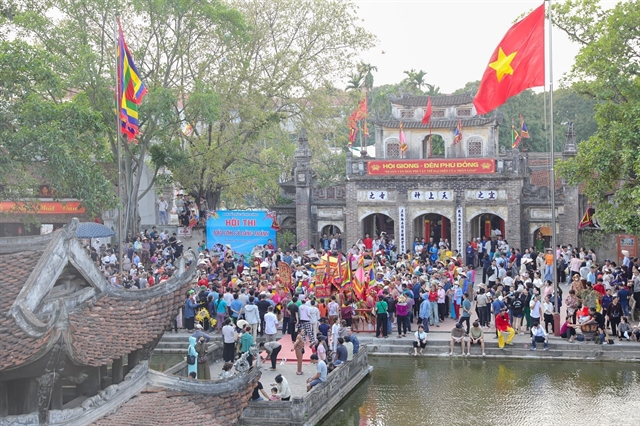 |
| Hà Nội is now continuing efforts to build advanced and model new-style rural areas, with a strong focus on preserving traditional cultural values. |
In many localities, traditional cultural elements have been actively restored. In Đường Lâm Commune (Sơn Tây Town), Nguyễn Văn Bình, a village elder, shared: “Đường Lâm is not just a place to live - it is our ancestral heritage. Every brick, every village gate tells a story. What pleases me most is not only the newly paved village roads but also the restoration of ancient houses and traditional festivals that instill pride in the younger generation.”
In Yên Sở Commune (Hoài Đức District), known for its centuries-old cultural identity, ancient wells and historic sites such as Quán Giá and Rừng Giá have been preserved as national heritage since 1991. Former Party secretary Nguyễn Đăng Hoan emphasised that this deep-rooted cultural foundation has empowered the commune to unlock its potential and achieve significant milestones in rural development.
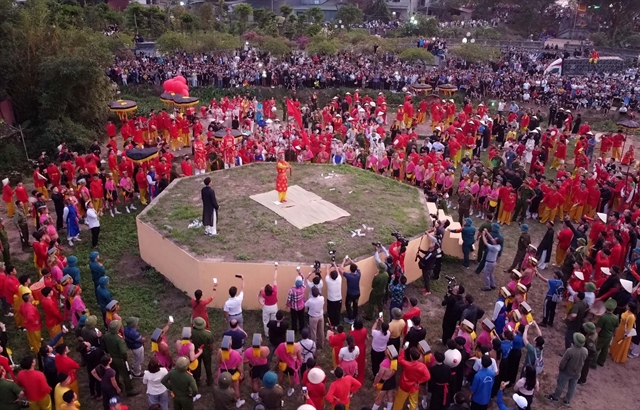 |
| The city has adopted a policy of preserving and promoting cultural heritage as part of rural development, thereby helping to foster a healthy social environment and curb negative social phenomena. |
Meanwhile, in Thượng Mỗ Commune (Đan Phượng District), the traditional art of ca trù (ceremonial singing) has been revived. Artisan Nguyễn Thị Tam, a devoted cultural guardian, has helped establish a ca trù club with 45 members. The art form has become a vital part of community life during festivals and village events.
In Minh Quang Commune (Ba Vì District) -one of the first mountainous communes to meet the advanced rural development criteria in 2024 - gong culture among the Mường ethnic group has made a powerful comeback. Thanks to city and district-level support, villages have been equipped with full gong ensembles. Gong teams have been formed, and the sounds of gongs now resonate in ceremonies such as weddings, house warmings, and the New Rice Festival - reviving cultural rhythms that had nearly faded away.
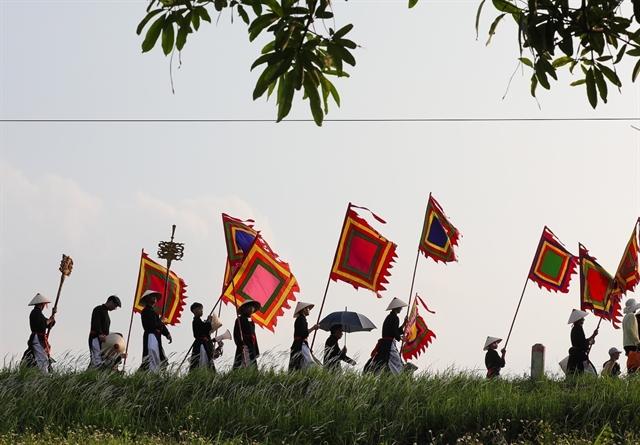 |
| Hà Nội’s cultural values are not only reflected in its customs and traditions, but also represent a rich synthesis of deeply meaningful elements that play a crucial role in the rural development of the capital. |
As part of its commitment to cultural development, Hà Nội has invested heavily in infrastructure for cultural and sports activities. All 2,362 villages in the city now have community cultural houses and sports areas. Additionally, 64 communes have centralized cultural and sports centers. These facilities are fully equipped, providing spaces for residents to gather, exchange ideas, practice traditional arts, play sports, and strengthen community bonds.
At Hamlet 6 in Văn Phúc Commune (Phúc Thọ District), the local cultural house becomes a lively hub each afternoon, where more than 40 elderly residents play soft volleyball, share health tips, sing, and engage in wellness activities. Bùi Gia Diệu, a member of the local volleyball club, remarked: “It’s not just about exercise - it’s about community, friendship, and maintaining a joyful spirit.”
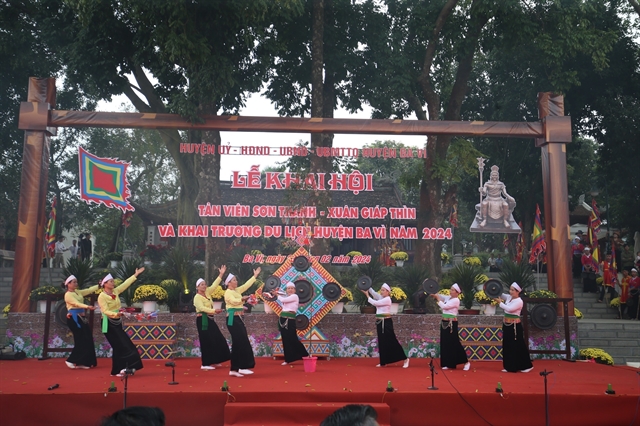 |
| For Hà Nội, preserving and promoting cultural heritage is not only a way to honor the past, but also a key to unlocking a sustainable future. |
Ngô Văn Ngôn, Deputy Chief of the Standing Office of the Hà Nội New-Style Rural Development Coordination Office, emphasized that cultural values are indispensable in building new-style rural areas. The city’s policy of integrating cultural preservation into rural development has helped build a healthy, vibrant society while addressing negative social issues.
“Hà Nội’s approach to preserving and promoting cultural values is not only about honoring the past,” Ngôn said. “It is also the key to unlocking a sustainable future. In places where moss-covered communal houses remain, where red-brick village roads stretch quietly, and where mothers still sing age-old lullabies - Hà Nội’s countryside is rising into modernity without forgetting its roots.” — VNS
*The article is published under the coordination of the Coordination Office of the New-Style Rural Development Programme in Hà Nội.

